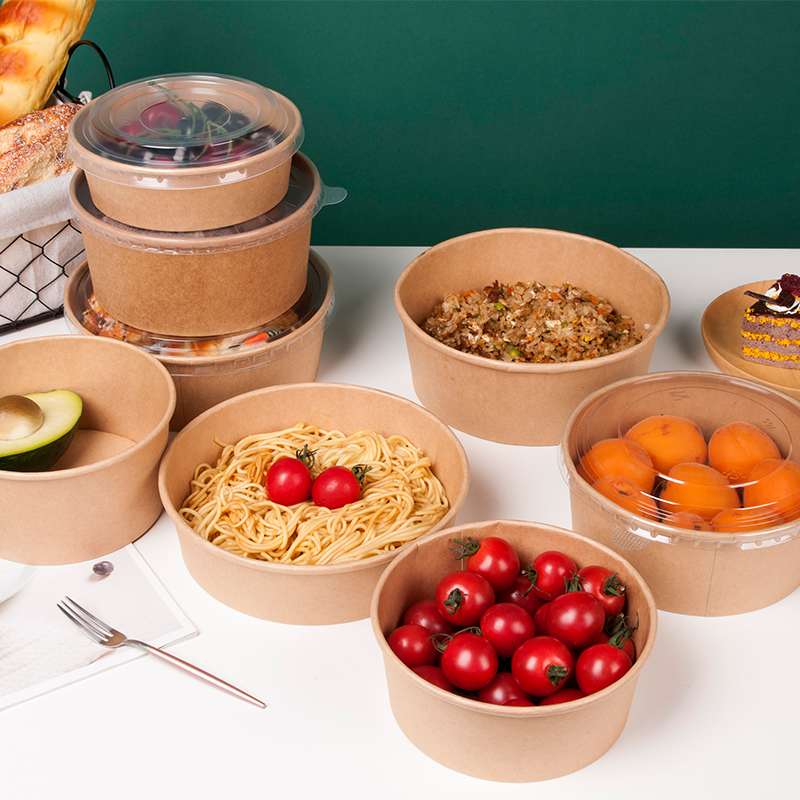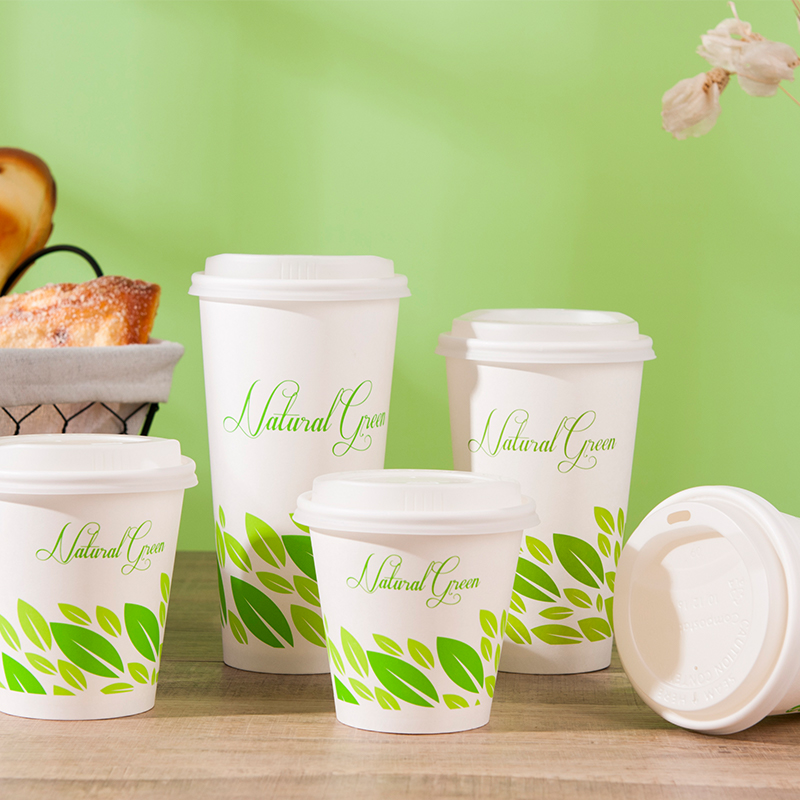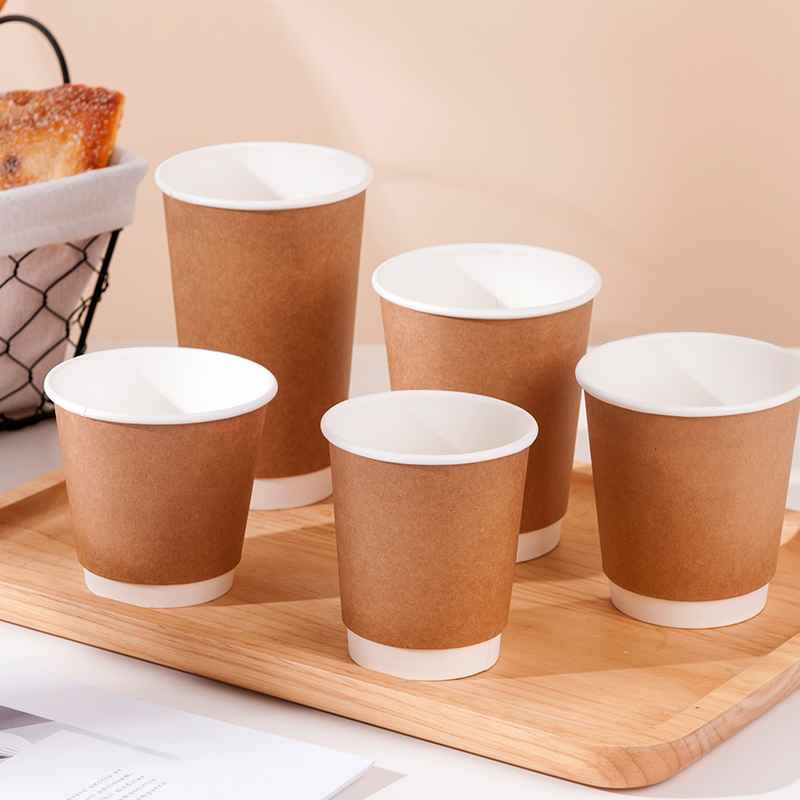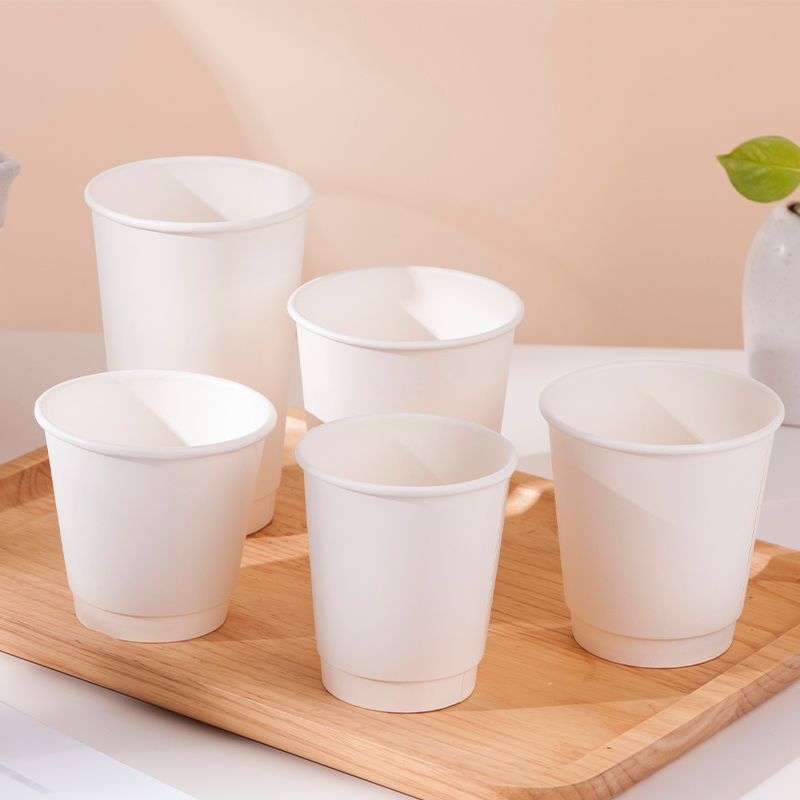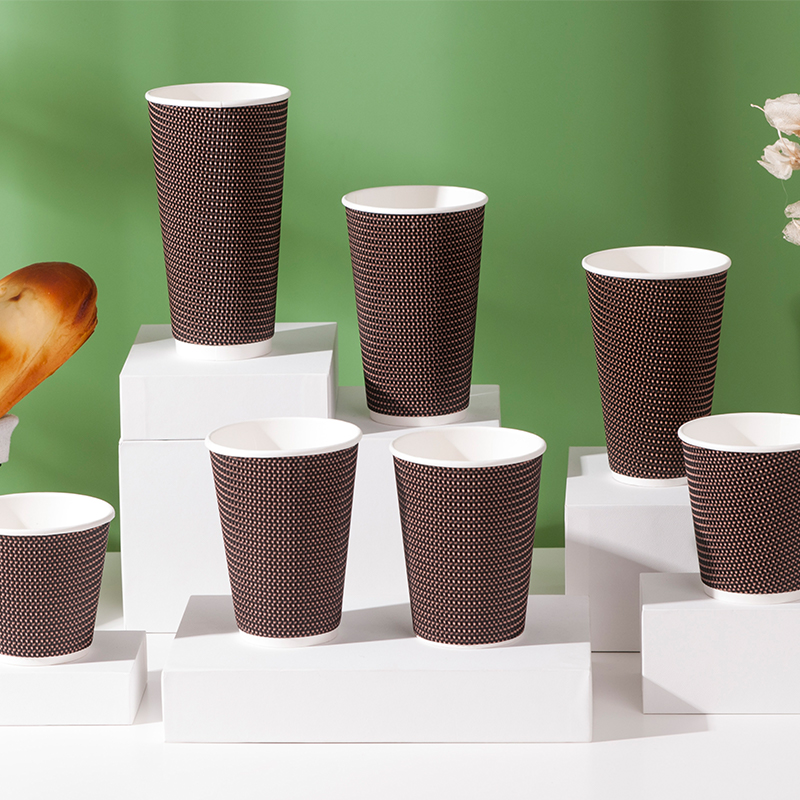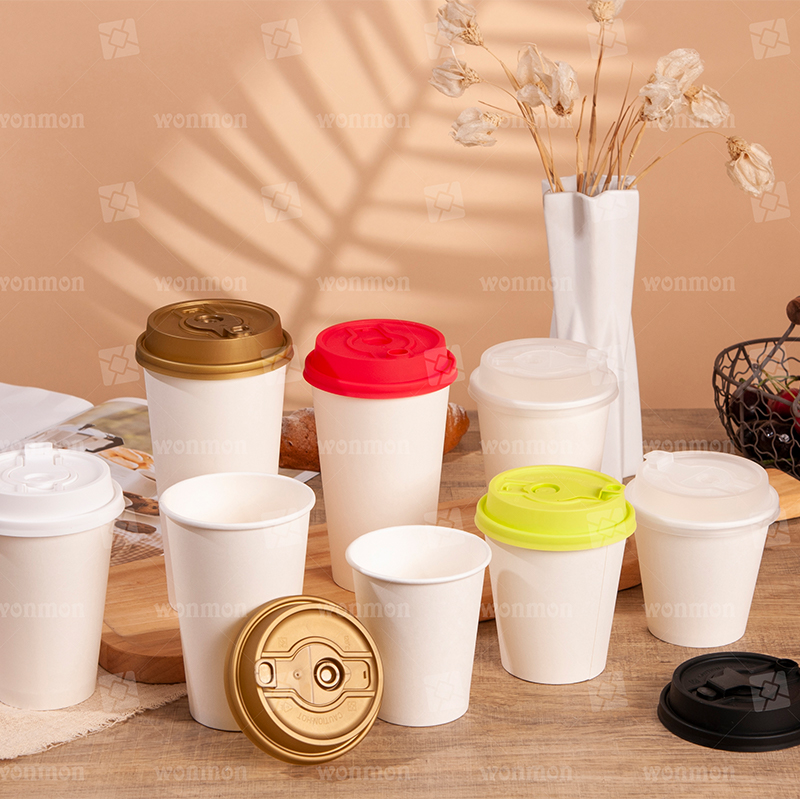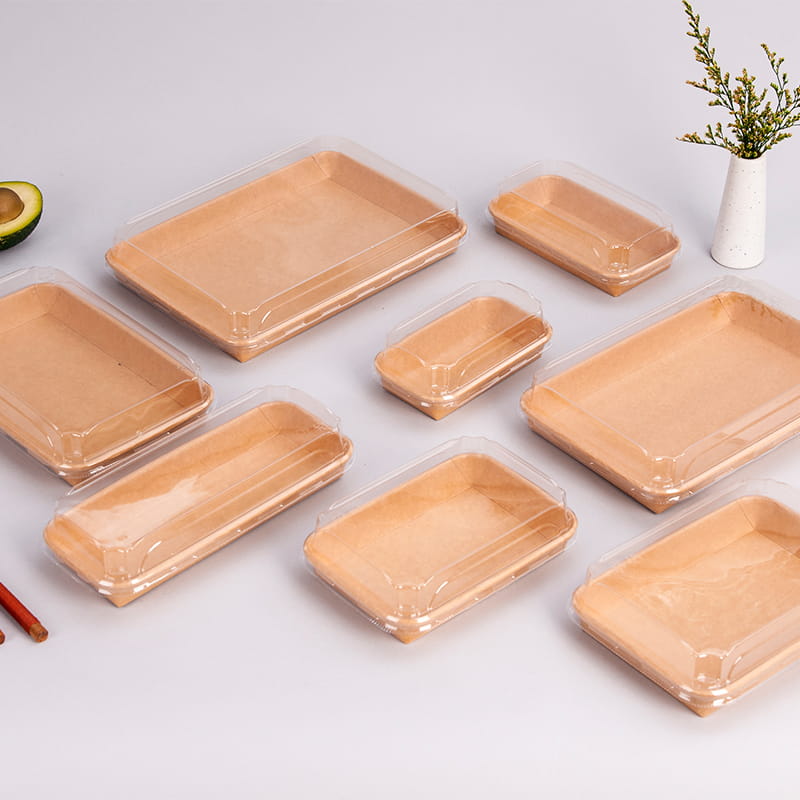Leakproof cup lids are designed to prevent spills and leaks while allowing easy access to beverages. These lids are typically manufactured using various materials, each with its own characteristics and impact on durability and performance. Common materials used for making leakproof cup lids include:
Plastic (Polyethylene, Polypropylene, or Polystyrene):
Materials: Polyethylene (PE), polypropylene (PP), and polystyrene (PS) are common plastics used for cup lids.
Durability and Performance: Plastic lids are lightweight, cost-effective, and easy to produce in various shapes and sizes. They are durable and resistant to moisture, which helps in preventing leaks. However, plastic lids may become less durable over time with repeated use, as they can be susceptible to wear, cracking, and warping when exposed to high temperatures or UV radiation.
Thermoplastic Elastomers (TPE):
Materials: TPE is a rubber-like material that combines the properties of rubber with the processability of thermoplastics.
Durability and Performance: TPE lids offer a balance between flexibility and durability. They provide a secure seal and resistance to wear and tear. TPE lids are also more resistant to temperature extremes compared to traditional plastics.
Silicone:
Material: Silicone is a synthetic rubber-like material.
Durability and Performance: Silicone lids are highly flexible, heat-resistant, and durable. They can create a reliable seal on various cup materials, including glass and ceramic. Silicone is also resistant to staining and does not absorb odors. However, silicone lids can be relatively more expensive than plastic options.
Rubber (Natural or Synthetic):
Materials: Natural rubber or synthetic rubber compounds are sometimes used for cup lids.
Durability and Performance: Rubber lids offer a good seal and flexibility. They are less prone to cracking and can maintain their seal even after repeated use. Rubber lids may not be as heat-resistant as silicone but still perform well in many applications.
Stainless Steel:
Material: Stainless steel lids are usually used for insulated travel mugs and beverage containers.
Durability and Performance: Stainless steel lids are highly durable, corrosion-resistant, and can maintain the temperature of the beverage. They provide an excellent seal when used with stainless steel containers. However, they may not be as lightweight as plastic options.
Glass (for Glass Cups):
Material: Glass lids are used for glass cups and containers.
Durability and Performance: Glass lids offer a clear view of the contents and are free from any potential chemical leaching. They provide an airtight seal when used with matching glass containers. However, they are relatively fragile and can break if dropped or subjected to thermal shock.



 English
English 中文简体
中文简体


